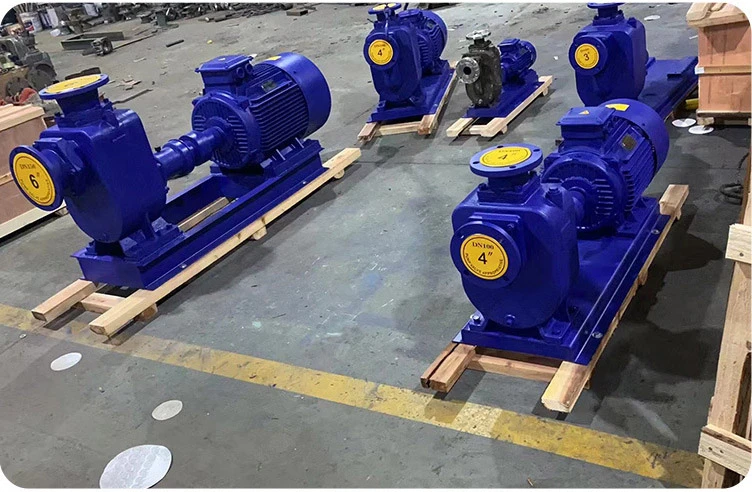TEL:
+86 13120555503
English
- Afrikaans
- Albanian
- Amharic
- Arabic
- Armenian
- Azerbaijani
- Basque
- Belarusian
- Bengali
- Bosnian
- Bulgarian
- Catalan
- Cebuano
- Corsican
- Croatian
- Czech
- Danish
- Dutch
- English
- Esperanto
- Estonian
- Finnish
- French
- Frisian
- Galician
- Georgian
- German
- Greek
- Gujarati
- Haitian Creole
- hausa
- hawaiian
- Hebrew
- Hindi
- Miao
- Hungarian
- Icelandic
- igbo
- Indonesian
- irish
- Italian
- Japanese
- Javanese
- Kannada
- kazakh
- Khmer
- Rwandese
- Korean
- Kurdish
- Kyrgyz
- Lao
- Latin
- Latvian
- Lithuanian
- Luxembourgish
- Macedonian
- Malgashi
- Malay
- Malayalam
- Maltese
- Maori
- Marathi
- Mongolian
- Myanmar
- Nepali
- Norwegian
- Norwegian
- Occitan
- Pashto
- Persian
- Polish
- Portuguese
- Punjabi
- Romanian
- Russian
- Samoan
- Scottish Gaelic
- Serbian
- Sesotho
- Shona
- Sindhi
- Sinhala
- Slovak
- Slovenian
- Somali
- Spanish
- Sundanese
- Swahili
- Swedish
- Tagalog
- Tajik
- Tamil
- Tatar
- Telugu
- Thai
- Turkish
- Turkmen
- Ukrainian
- Urdu
- Uighur
- Uzbek
- Vietnamese
- Welsh
- Bantu
- Yiddish
- Yoruba
- Zulu
Telephone: +86 13120555503
Email: frank@cypump.com
Feb . 14, 2025 07:09 Back to list
effluent pump
In the world of wastewater management, effluent pumps stand as the unsung heroes, tirelessly working behind the scenes to ensure the smooth operation of countless facilities and homes. These indispensable devices play a crucial role in the effective removal of treated water, safeguarding against potential environmental hazards while maintaining the integrity of modern sanitation systems.
In terms of expert opinions, effluent pumps have consistently evolved in response to technological advancements and an increased demand for sustainable solutions. Integrated smart technologies now allow for remote monitoring and control, offering real-time insights into pump performance and flagging potential issues before they escalate into costly repairs. This proactive approach underscores the growing intersection between traditional pump technology and modern smart solutions, providing users with unparalleled control over their wastewater management systems. Recognized authorities in the field of wastewater management advocate for regular maintenance and inspection to ensure the continuing efficiency of effluent pumps. Routine checks help in identifying wear and tear, or any deviations in performance metrics, allowing for timely interventions that prevent system failure. This practice signifies a commitment to protecting the environment, as well-maintained pumps play a vital role in reducing the risk of leaks or contamination of nearby water sources. Effluent pumps, by design, support eco-friendly processes by ensuring that only treated and safe water re-enters nature. As such, they contribute significantly to environmental conservation efforts, particularly in regions where water scarcity and pollution are pressing concerns. Choosing energy-efficient models further reinforces this contribution, as they minimize the carbon footprint associated with wastewater processing. Trust is a cornerstone of choosing the right effluent pump, and it is essential for individuals and businesses to rely on reputable manufacturers and distributors. Those with a proven track record of delivering durable, efficient, and cost-effective products are best positioned to meet diverse customer needs and provide the necessary assurance of quality and reliability. In summary, effluent pumps are crucial components in modern wastewater treatment systems and selecting the right pump can significantly impact operational efficiency, environmental compliance, and long-term cost savings. By prioritizing quality, expert guidance, and regular maintenance, users can ensure they harness the full potential of their effluent pumps, protecting both their investments and the planet.


In terms of expert opinions, effluent pumps have consistently evolved in response to technological advancements and an increased demand for sustainable solutions. Integrated smart technologies now allow for remote monitoring and control, offering real-time insights into pump performance and flagging potential issues before they escalate into costly repairs. This proactive approach underscores the growing intersection between traditional pump technology and modern smart solutions, providing users with unparalleled control over their wastewater management systems. Recognized authorities in the field of wastewater management advocate for regular maintenance and inspection to ensure the continuing efficiency of effluent pumps. Routine checks help in identifying wear and tear, or any deviations in performance metrics, allowing for timely interventions that prevent system failure. This practice signifies a commitment to protecting the environment, as well-maintained pumps play a vital role in reducing the risk of leaks or contamination of nearby water sources. Effluent pumps, by design, support eco-friendly processes by ensuring that only treated and safe water re-enters nature. As such, they contribute significantly to environmental conservation efforts, particularly in regions where water scarcity and pollution are pressing concerns. Choosing energy-efficient models further reinforces this contribution, as they minimize the carbon footprint associated with wastewater processing. Trust is a cornerstone of choosing the right effluent pump, and it is essential for individuals and businesses to rely on reputable manufacturers and distributors. Those with a proven track record of delivering durable, efficient, and cost-effective products are best positioned to meet diverse customer needs and provide the necessary assurance of quality and reliability. In summary, effluent pumps are crucial components in modern wastewater treatment systems and selecting the right pump can significantly impact operational efficiency, environmental compliance, and long-term cost savings. By prioritizing quality, expert guidance, and regular maintenance, users can ensure they harness the full potential of their effluent pumps, protecting both their investments and the planet.
Share
Next:
Latest news
-
ISG Series Vertical Pipeline Pump - Chi Yuan Pumps Co., LTD.
NewsJul.30,2025
-
ISG Series Vertical Pipeline Pump - Chi Yuan Pumps Co., LTD.|energy-efficient fluid handling&industrial durability
NewsJul.30,2025
-
ISG Series Vertical Pipeline Pump - Chi Yuan Pumps | Advanced Engineering&Industrial Efficiency
NewsJul.30,2025
-
ISG Series Pipeline Pump - Chi Yuan Pumps | High Efficiency, Energy Saving
NewsJul.30,2025
-
ISG Series Vertical Pipeline Pump-Chi Yuan Pumps|High Efficiency&Reliable Performance
NewsJul.29,2025
-
ISG Series Vertical Pipeline Pump|High Efficiency&Low Noise
NewsJul.29,2025










